The movement for climate justice frames the climate crisis as an ethical, social, environmental and political issue, rather than one that is purely scientific or physical. An important principle of climate justice is that those who are least responsible for climate change are the first and worst affected by its impacts.
Climate justice is not a singular issue. It is deeply tied to land justice, water justice, environmental justice, disability and racial justice. In addition to measuring carbon emissions and temperature data, we must relate the effects of climate change to systemic inequality, the legacy and continuation of Colonialism, human rights and the rights of nature, Capitalism and the historical responsibilities for emissions.
In this toolkit section, we share resources and educational tools to help you understand how these deeply complex and nuanced issues intersect.
Image credit: Camden Peoples Theatre Performance (c) Brian Logan



Creative case studies
The Great Derangement
Rise: From One Island to Another
Hot Take



